Amidst delayed and suspicious election results last week, Honduras is facing its biggest political crisis since a 2009 coup ousted its president. The crisis and the underlying issues are emblematic of many of the challenges facing democracy in Latin America, and highlight the need for a more concerted international strategic response if democracy is not to be eroded in the near future.
The crisis, explained
The current crisis began with the Sunday, November 26 elections for president, Congress, and municipal governments. Most polls showed the sitting president Juan Orlando Hernandez ahead by double digits, and people expected the results to be announced by that evening (as has been the norm since democratization in 1980). A law-and-order candidate of the conservative National Party, Hernandez has purged 30 percent of the police force, many for corruption, and brought Honduras’ homicide rate down from 79 per 100,000 in 2013—the highest in the world—to 42 in 2017. He has overseen GDP growth rates of over 3 percent annually, albeit with a drop in much-needed foreign investment.
Polling stations around the country send the ballots to the Supreme Electoral Tribunal (Tribunal Supremo Electoral, or TSE) on Election Day, but suspicions spread as the day passed without results. At 1:45am, the TSE finally issued preliminary results based on 57 percent of the polling stations. The results showed anti-corruption candidate, Salvador Nasralla, ahead of the sitting president Juan Orlando Hernandez by 5 percentage points. Observers inside and outside Honduras concluded that the election had produced a historic upset.
Nasralla, a former Pepsi executive and sports TV announcer, had capitalized on a 2015 wave of outrage against government corruption. Top officials of the Honduran Social Security Institute were found to have stolen over $300 million, some of which funded Hernandez’s 2013 presidential campaign. Los indignados—the “outraged”—had taken to the streets across the country to demand the president’s resignation. To weather the crisis, he agreed to create a mission of the Organization of American States (OAS)—the Mission to Support the Fight against Corruption and Impunity in Honduras (MACCIH), staffed by international professionals to help prosecute and investigate corruption cases.
Based on exit polls of a firm owned by one of his close advisers, the president declared victory Sunday night. So did Nasralla. The president said that lagging rural returns favored him over the urban polls. Late Monday afternoon, the TSE finally announced that it would not update results until the last voting box was brought to the capital, likely Thursday. The third-place candidate of the Liberal party, which had alternated power with the governing National Party since 1980, conceded and congratulated the upstart Nasralla on his victory. TSE substitute magistrate Marco Ramiro Lobo said Monday afternoon that, based on what he had seen, the lead was “irreversible.” The opposition celebrated in the streets, and the media speculated on how Nasralla would govern.
On Tuesday, the TSE started to update its figures, showing the sitting president gaining on Nasralla. On Wednesday, Hernandez pulled ahead, and by Monday December 4 was up by 1.6 percent with 99.96 percent of the vote counted, even as the opposition demanded a review and recounts. The OAS and EU election monitoring missions appealed for calm until all the results were in on Wednesday, and sought assurances that the candidates would respect the TSE findings. Nasralla agreed, but quickly reneged after the vote counting system mysteriously went down for five hours.
Since the mysterious delay began—inexplicable, since the TSE received the results (if not the actual ballot boxes) from all the polling stations around the country within a day of the vote—opposition parties and journalists have criticized the long and strange silence. Analysts speculated that the delay by the TSE—itself seen as biased with pro-government members—was designed to buy time for the ruling party to rig the outcome. In fact, October tape recordings that The Economist obtained revealed plans by the governing party to skew the election (known as “Plan B”).
As of today, the TSE is welcoming continued and direct international observation. However, the country now faces a possible extended governance crisis, potentially involving widespread violence. On Wednesday, November 29, one NGO reported anti-fraud protests in 16 of Honduras’ 18 departments, and fires and rock-throwing occurred in the capital. Riot police responded to some of these protests with tear gas and beatings. On Friday, December 1, the government suspended some constitutional guarantees in the face of spreading protests, including a nighttime curfew for 10 days. Eleven people have reportedly been killed in election-related protests.

Honduras and Latin American trends
What does this electoral crisis tell us about the state of democracy in the region?
Ironically, the election process exhibits some of the more hopeful recent developments in Latin America. The surprising strength of the vote for an anti-corruption candidate reflects a new intolerance for corrupt behavior. From trials of top politicians in Brazil, to Guatemalan protesters’ success in reversing attempts at preserving impunity, to the prosecution of ex-presidents in Peru and El Salvador (connected to Brazil’s multinational “Car Wash” scandal), people are showing increasing outrage over “business as usual” politics of buying favors, fixing contracts, stymieing investigations, and purchasing judges. After the “Central America Spring” of 2015, when tens of thousands of outraged anti-corruption protesters forced out Guatemala’s president and threatened Hernandez’s rule in Honduras, many wondered whether its impact was ephemeral. On Monday it was apparent that the effect of that outrage persists, and was not captured in the pre-election polls.
Honduras’ experience since 2014 also shows the continued influence of people power on the streets of Latin America. Even as the United States and Europe contend with their own internal setbacks to liberal democracy, and are less inclined to advocate for political reforms abroad, Latin Americans are demonstrating the capacity to combine popular protests with institutional reforms to solidify their long quest for more inclusive and less corrupt governance.
The region has also made strides in transparency and accountability. For the first time in Honduran history, this election involved transmission of polling place results directly to the political parties at the same time as to the TSE. This practice created what some believed (and what may yet prove) to be a helpful check on manipulation of the vote tallies.
In addition, the initial achievements of the OAS’ MACCIH mission indicate governments’ greater willingness to work with intrusive international bodies that bring extra expertise but also outside protection and legitimacy to checks and balances. MACCIH helped the attorney general convict the ex-director of the Honduran Social Security Institute and two vice ministers involved in a scandal there. In the past year, the mission contributed to securing the longest sentence ever handed down for corruption to a Honduran ex-official, and the first sentence handed to any Honduran official for influence peddling.
But the electoral crisis also reveals some worrisome trends in the region. Even before the election, President Hernandez exhibited some of the same behavior that has undermined the quality of democracy in the region. In 2012, when he presided over the Congress, he engineered the replacement of four of the five justices of the constitutional chamber of the Supreme Court with handpicked appointees. As president, he and his party also arranged to appoint a new attorney general and a Supreme Audit Court that was seen as pliable to partisan interests (though the attorney general has shown some independence, with MACCIH’s support). Like the Chávez and Maduro governments of Venezuela—and consonant with similar efforts in Bolivia and Ecuador—Hernandez attained control over all branches of government. Questions about this election as others in the region (and in the United States) could well undercut faith in elections generally and make people less inclined to vote.
Hernandez also took a step that governments of Venezuela, Ecuador, Nicaragua, and Bolivia have sought: changing the constitution to permit longer tenure in office. Although these moves have been constitutional, they have all involved rigged use of institutions. In a move widely seen as unconstitutional, Hernandez’s appointees on the constitutional court annulled a constitutional ban on reelection of the president, permitting his current reelection effort. This move outraged the opposition because it was the mere suggestion of such a change that led to the coup whereby the military bundled then-President Zelaya up in his pajamas and sent him out of the country in 2009—with the support of Hernandez’s National Party. The leftist opposition generally refers to Hernandez’s administration as “the dictatorship.” His victory could embolden political figures in the region with authoritarian tendencies, such as Brazil’s Jair Bolsonaro.
Hernandez’s government and perhaps the current questionable behavior around the elections also demonstrate that the shadow of corruption continues to be long and strong. The “Plan B” incident is one example. Another relates to hearings in the New York trial of a leading Honduran drug trafficker, which led to allegations that the president—his brother—and top officials of the current government had taken bribes from cartels. Investigations are ongoing in the United States and in Honduras.
The National Party’s “Plan B” show how parties and officials that have undertaken “anti-corruption” measures that show some real results can persist in corrupt behavior. Real blows against corruption may not transform thoroughly institutionalized corrupt systems. The 2015, ouster of Guatemala’s President Otto Perez led to the election of an anti-corruption candidate who is now accused of corrupt behavior. It remains to be seen whether the mass prosecutions in Brazil are transforming the corrupt political system.
What should be done?
Hondurans are pressing for a transparent final vote recount and review of the electoral process and tally. The EU and the OAS should be supported in continuing their presence on the ground until a satisfactory process is completed. The Trump administration and Congress should freeze aid to Honduras until OAS and EU observers are satisfied with the recount and the process.
In the medium term, further reform of the campaign finance system and tighter implementation of a 2016 “Clean Politics” law may institutionalize fairer and more transparent campaign practices. An independent TSE, citizen polling observers alongside party representatives, and a second round of voting could enhance the process. And as long as the attorney general continues to push investigations of high-level corruption, continued external support for the OAS MACCIH mission can enhance the capacity and political space to eventually purge corruption from social expectations and political practices. External support will be necessary for internal reformers and pressures to attain political systems that enjoy the confidence of their populations.
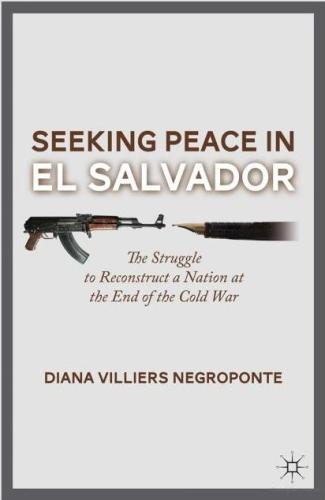
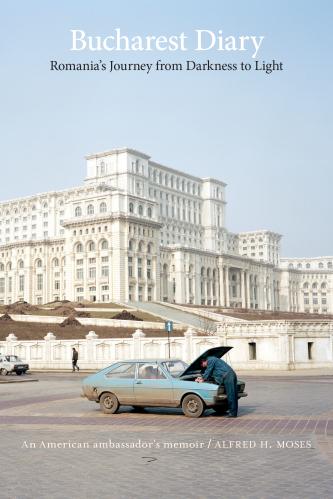
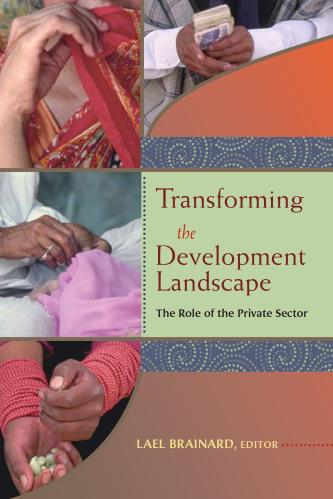
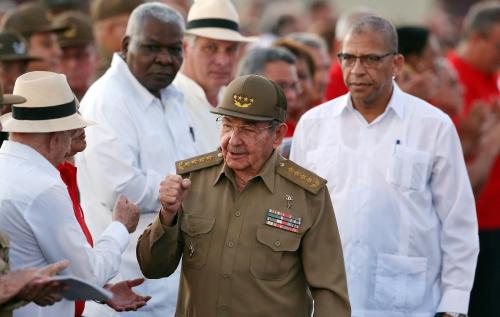
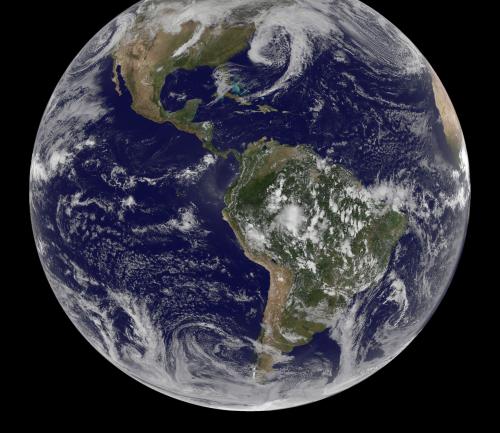
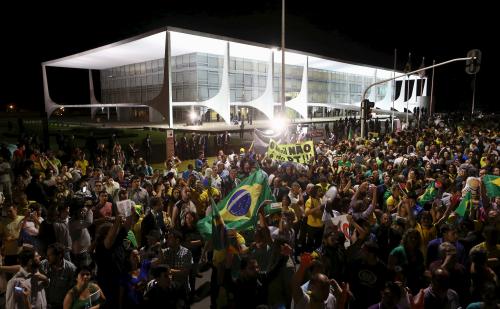
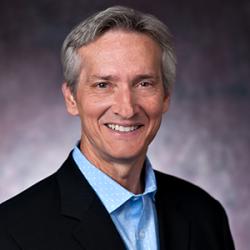


Commentary
What Honduras’ election crisis reveals about Latin America’s broader democracy challenges
December 4, 2017